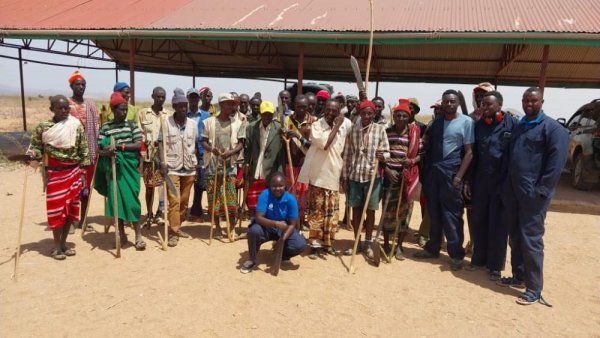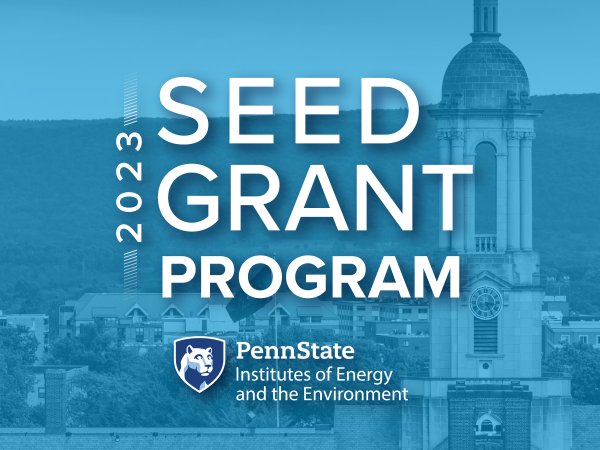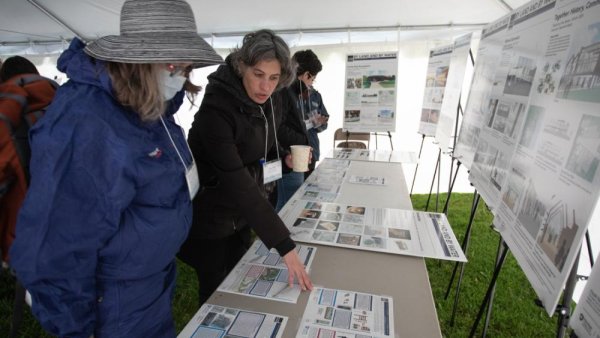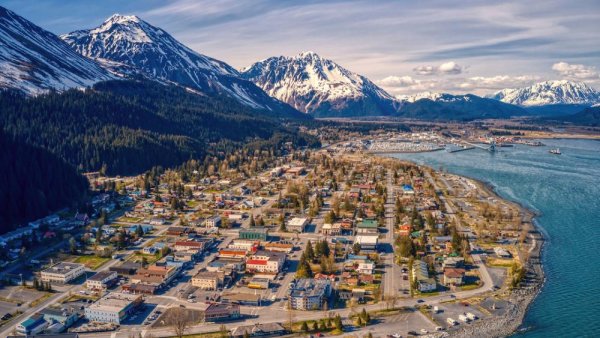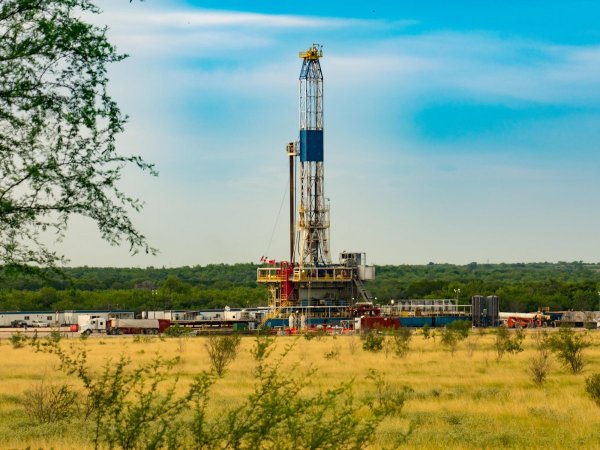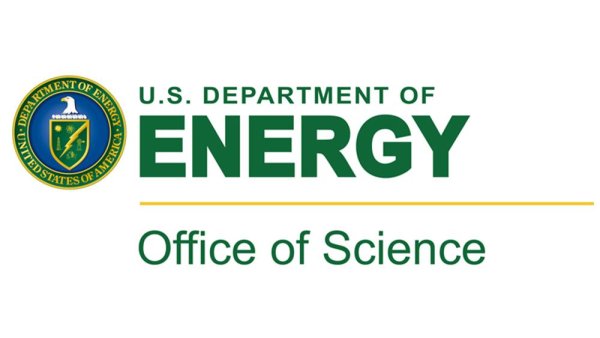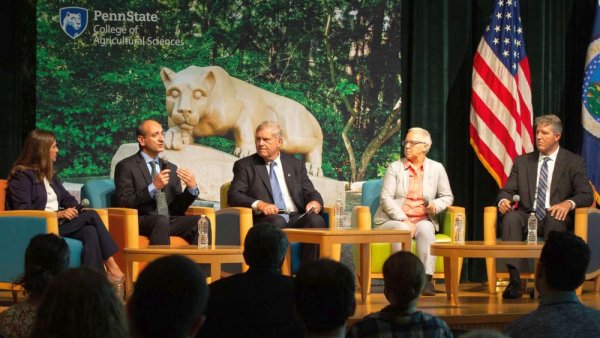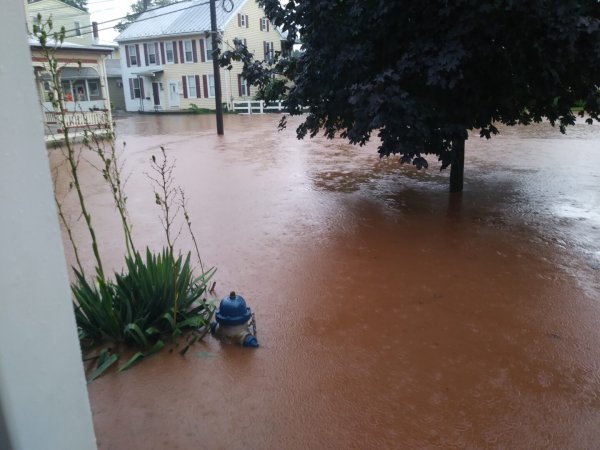Smithwick appointed new director of Earth and Environmental Systems Institute
| psu.edu
Erica Smithwick, distinguished professor of geography, has been named director of the Earth and Environmental Systems Institute at Penn State, effective Jan. 1.
Study sheds light on how ‘forever chemicals’ travel in groundwater
| psu.edu
A new study may improve our understanding of how "forever chemicals" travel through groundwater, according to a team of scientists.
PlantVillage Warrior View awarded $2 million from Google to fight climate change
| psu.edu
PlantVillage, a Penn State-sponsored project, received a $2 million grant from Google's AI for Social Good program to fund the team’s work to develop accurate maps of dryland landscapes across Africa. This work aims to help communities of African pastoralists in arid drylands to adapt to climate change and restore their lands, ultimately resulting in carbon drawdown for the planet.
Professor of biology awarded Maskalick Biodiversity Seed Grant
| psu.edu
Todd LaJeunesse, professor of biology, has been awarded the David G. Maskalick and Kathleen A. Maskalick Biodiversity Healthcare Seed Grant by the Eberly College of Science Office for Innovation.
Energy, environmental research seed grants available to Penn State faculty
| psu.edu
The Institutes of Energy and the Environment announced a call for proposals for its 2023 Seed Grant Program, which is intended to foster basic and applied research on strategic interdisciplinary topics that leverage faculty expertise across the University.
DOE-funded project investigates climate change effects on low-income housing
| psu.edu
Coastal cities such as Baltimore expect to see increased impacts of climate change, such as severe flooding, heat stress and increased energy consumption, particularly in low-income communities. Researchers from Penn State’s Hamer Center for Community Design are part of a Department of Energy-funded effort to study the effects of climate change on the built environment and how American cities can equitably mitigate these events.
New grant continues Arctic research addressing climate change and communities
| psu.edu
The National Science Foundation’s Navigating the New Arctic program recently awarded researchers from Penn State and the University of New Hampshire a $3 million grant to examine earthquake impacts on community well-being and perception and preparedness toward potential earthquakes.
Research links shale gas, legacy energy development to groundwater contamination
| psu.edu
Fracking for natural gas in parts of Pennsylvania with a legacy of energy extraction may increase the risk of groundwater contamination, according to a team led by Penn State scientists.
Materials faculty part of two new DOE Energy Frontier Research Centers
| psu.edu
Five faculty in Penn State’s Department of Materials Science and Engineering are members of research teams selected for two recently funded Energy Frontier Research Centers. The awards are part of a $540 million initiative by the U.S. Department of Energy to invest in clean energy technologies and low-carbon manufacturing to help the U.S. achieve net-zero emissions by 2050.
Penn State awarded grant to help dairy farmers develop climate-smart commodities
| psu.edu
Funding of up to $25 million from the U.S. Department of Agriculture will support a new Penn State-led collaboration with dairy industry associations and producers to develop and implement climate-smart practices on Pennsylvania dairy farms. The project is aimed at generating climate commodities that add value to dairy products along the supply chain and leveraging agriculture’s potential to provide solutions to climate change.
Penn State shares $25M DOE grant to study climate change impacts and adaptation
| psu.edu
Penn State was named a collaborating institution in a $66 million dollar U.S. Department of Energy Urban Integrated Field (Urban IFL) program designed to study the impacts of climate change on American cities.
In Pa., climate change can increase flooding risk in places that rarely worried about it. This community is seeking solutions
| stateimpact.npr.org
The intense storms that cause flash floods are likely to become more common in Pennsylvania with climate change, and they’re happening outside historical floodplains.



